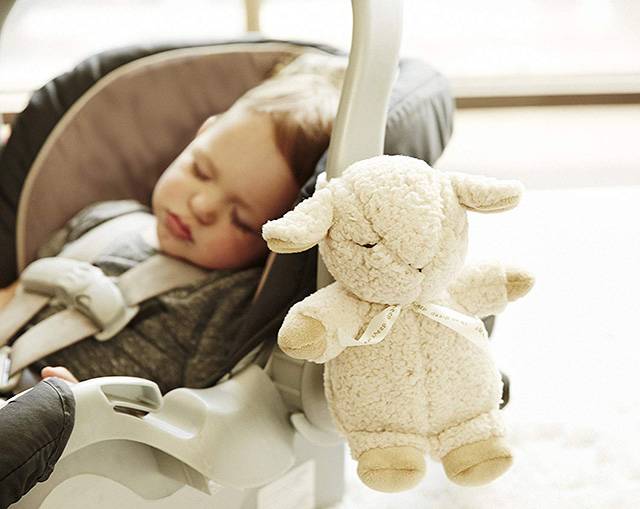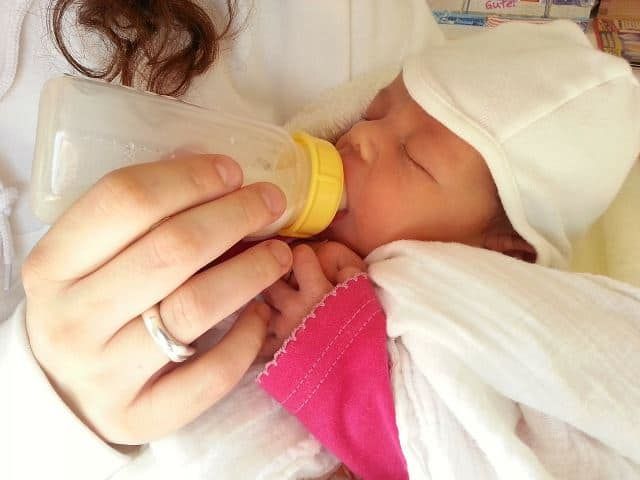If you have a new little one in the house, then you know exactly how important it is to get as much sleep as possible, whenever possible. Unfortunately, your schedule is dictated by the one wearing diapers, and if baby doesn’t rest, neither do you.
If you find yourself searching for tips on how to make a baby fall asleep fast, you already are in need of some rest yourself. Even if this isn’t your first child, you can most definitely take advantage of the following tips.
You may want to read: Best Baby Books
The Importance of Sleep

In adults, a lack of sleep can result in much more than just mental and physical stress; over time sleep deprivation can lead to increases in physical ailments, such as heart disease and even diabetes.

You may be interested in: Everything You Need to Know About Sleep in Kids
Sleep and Child Development

Early brain development is crucial for baby’s development both physically and mentally. Their sleep habits are incredibly important in order to rest and recharge, and allow the many pathway processes occurring that are so important for healthy growth and recognition.
Brain synapses are formed during sleep. Synapses are the informational pathways created in the brain to provide recognition and early problem-solving skills. These neurological connections are formed in an incredible amount during a child’s first 3 years of growth.
Brain development occurs during sleep as well. Both the left and right hemisphere connections happen at this time, and disruptions to sleep can slow this process down. Combined with synapse, the formation of memories are also processed and stored during sleep.
You may be interested in: Best Infant Pillows
Tips to Help Baby Fall Asleep Quickly

Obviously you aren’t going to get your baby to sleep in 40 seconds flat, but if you practice some of the mentioned techniques, or combine them, you may find that both you and your child, are getting a bit more of the rest you deserve.
Look for Signs of Sleepiness

Dim Lighting

Create a Regular Sleep Schedule
Keep a regular schedule of preparing and going to bed. Although this may be difficult for very young infants, as baby grows a schedule helps keep them more in sync with their own sleep needs.
Don’t Always Change a Diaper

Swaddle
You may want to read: Best Swaddle Blankets
Wrapping a baby in a swaddle helps avoid movement and provides pressure similar to your own holding of the child, which is soothing. Swaddling can help calm and allow baby to begin to drift off to sleep.
Play White Noise or Soft Music

You may want to read: The Best Sound Machine for Babies
Provide a Feeding

You may want to read: When Can I Let My Baby Fall Asleep Through The Night Without Feeding?
Use Consistent, Repetitive Motion
Rocking, bouncing, or providing vibration of some sort to a child can help them drift off to sleep. This a type of sensory soothing that calms the senses to help a child drift off to sleep. You can use this with other techniques, such as swaddling, a darkened room, and white noise.
Massage

You may want to read: Why Do Babies Smile in Their Sleep?
Conclusion
If you have been looking for techniques to help your baby fall asleep fast, there is no magic to make this happen, but there are some soothing techniques to support a faster sleep time. The above-mentioned tips are well proven to work, especially when combined together in certain situations.
Of course, there will be times when it seems impossible to get your baby to sleep, and this becomes an ongoing issue, you may want to consult with your baby’s pediatrician about underlying problems.